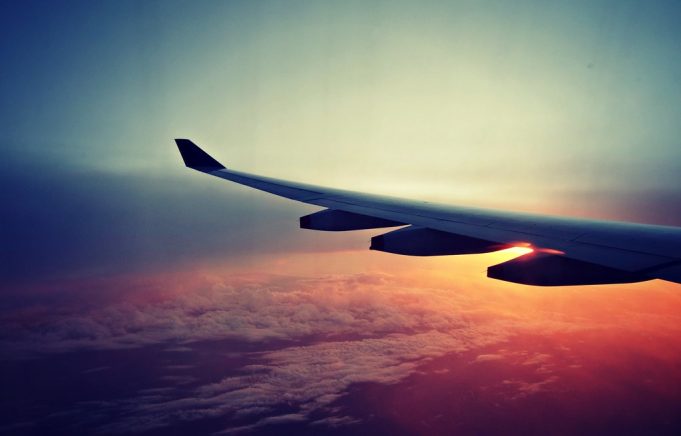
How To Travel Responsibly
Responsible travel is a broad term but in essence, travelling responsibly means treating people in other countries with the same respect you would expect from others in your own community or country. The responsible traveller is interested in preserving cultures, communities, local way of life, wildlife, habitats and the environment as a whole in every region he or she travels to.
So how can someone interested in responsible travel help to minimise their travel footprint and help sustain local communities and environments? There are a number of steps an individual can take in this ever changing world where mass tourism has had such a destructive effect on the environment. One of the biggest concerns at present is carbon dioxide emissions and green house gases in general. By reducing the number of flights or taking alternative transport wherever possible, carbon emissions from planes can be reduced which will benefit your own community as well as others as there are no country boundaries where pollution is concerned.
Even before arriving at your destination, it is always advisable to research the area to gain a greater understanding of the local culture and customs through the internet, books, email or by phoning. Try to find hotels, businesses and schemes which are eco friendly. Also, by learning a few words of the local language or by using a phrase book, it will be easier to immerse yourself in the local culture and have a deeper experience than travelling with hordes of people from your own country.
Once you arrive at your destination, keep an open mind and try to experience the local culture without making comparisons with life back at home. Use local resources with care such as water and electricity which are in short supply in many regions of the world. Simple steps like switching off the tap while brushing your teeth or taking a shower instead of a bath can help save water. Switching off lights, mobile phone chargers, televisions and a whole host of modern electronic equipment can save electricity.
Respect the local culture and always obey the local laws even if you disagree with some of them. Follow dress codes to avoid offence and avoid the temptation to drink and drive just because you are on holiday. Never accept packages from strangers or recent acquaintances especially if you about to travel through an airport. Obeying local laws and customs on drinking and taking drugs is especially important as many travellers are tempted to drink heavily while on holiday causing havoc in the local community.
Many people want to support the local community by purchasing local produce and products and while this is beneficial in most cases, it’s essential to avoid purchasing animal skins or products produced from the slaughter of endangered species such as tigers, leopards, jaguars, elephants, rhinos, hippos, reptiles, birds and many other animals. The same applies to protected plant species. Many countries now have severe penalties for anyone importing illegal plants or animals. Whenever possible, buy locally grown produce and crafts from local family businesses or fair trade companies.
To minimise pollution and to have a better experience of the local community, walk or ride a bicycle whenever possible. Support the local infrastructure by using local buses and taxis. Use trains or boats instead of planes for longer journeys to minimise carbon emissions.
Finally, volunteering is a great way to give something back to the environment and help local communities through various educational and non-profit schemes. The benefits are not all one way as many volunteers gain new skills, achieve a better understanding of themselves, gain added confidence through social interaction and gain a greater sense of self-worth through helping others.
By travelling responsibly, you are more likely to have a richer more immersive experience with the knowledge that you have minimised your impact on the environment and in some cases, helped to improve some areas. With more communities and environments being threatened with pollution and extinction, to travel responsibly is not only essential but it may help to form part of the solution in preserving environments and wildlife for future generations.









